Category: Plants & People
-

Controlling The Human Health Impacts Of Non-Native Plants Using… Non-Native Beetles?
Though this research is specific for Europe, this method of biological control is already happening in China where the beetle is reared and distributed for the control of ragweed. Fortunately, the authors note that previous studies suggest the beetle would have no negative impacts on native or ornamental plants in Europe, so this form of biological control may have no unintended consequences on the local landscape. (Click on title for full story.)
-
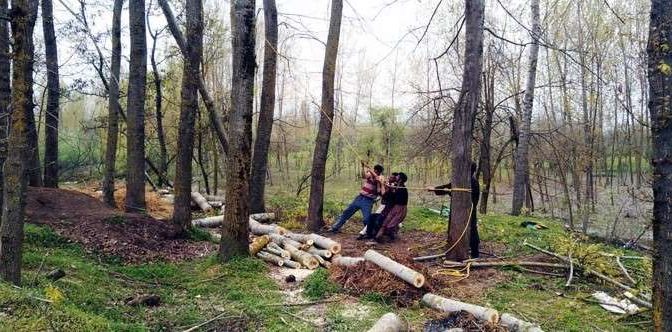
COVID19 Fears And Misinformation Leading To Deforestation Of Kashmir Valley
The fear of coronavirus runs so deep that over the past two weeks, Kashmiris employed labourers to cut down trees worth lakhs of rupees. (Click on title for full story.)
-
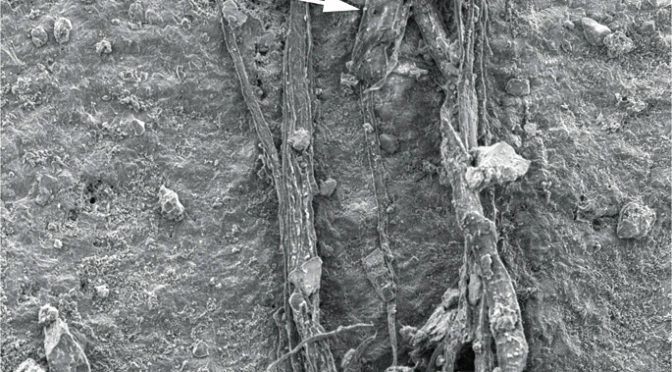
Neanderthals Developed Tree Fiber Technology Over 40,000 Years Ago
Here we show direct evidence of fibre technology in the form of a 3-ply cord fragment made from inner bark fibres on a stone tool recovered in situ from the same site. Twisted fibres provide the basis for clothing, rope, bags, nets, mats, boats, etc. which, once discovered, would have become an indispensable part of daily life. Understanding and use of twisted fibres implies the use of complex multi-component technology as well as a mathematical understanding of pairs, sets, and numbers. Added to recent evidence of birch bark tar, art, and shell beads, the idea that Neanderthals were cognitively inferior to modern humans is becoming increasingly untenable. (CLick on title for full story.)
-
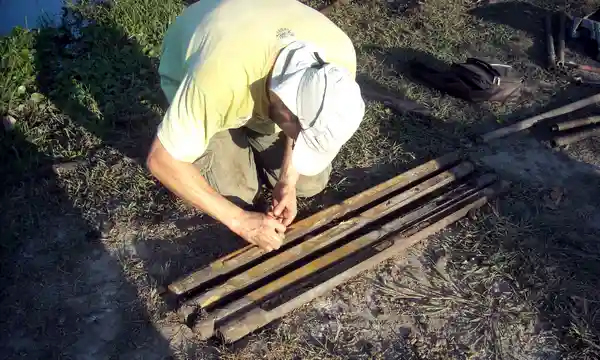
Ancestors Cultivated Crops In Amazonia Over 10,000 Years Ago Following Last Ice Age
New research such as this study demonstrates that the nature of human occupation and alteration of the landscape is extensive, and this region now has evidence for the implementation of cultivation from as far back as 10,250 years [ago]. (Click on title for full story.)
-

Unraveling The Story Of America’s Most Mysterious Tree
A majestic ponderosa pine, standing tall in what is widely thought to have been the “center of the world” for the Ancestral Puebloan people, may have more mundane origins than previously believed, according to research led by tree-ring experts at the University of Arizona. (Click on title for full story.)
-

Why The Soil Microbiome No Longer Feeds Our Crops
“When plants are selected for a small handful of traits like making a bigger seed or faster growth, you can lose a lot of important traits relating to microbes along the way.” This evolutionary loss has turned into a loss for the environment as well. (Click on title for full story.)
-

Is Gardening The Secret To A Long Life?
Many of the world’s centenarians share one common hobby: gardening. Could you extend your life and drop your stress by taking up the pursuit, too? (Click on title for full story.)
-
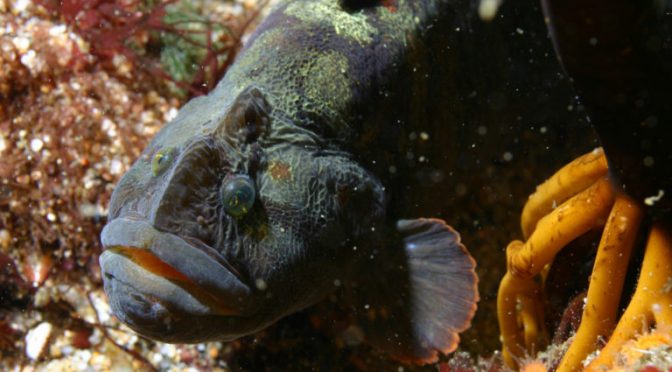
Plant-Eating Fish Holds Promise For Feeding A Hungry World
With climate change making the raising of livestock less sustainable, the discovery holds promise for developing new sources of protein for human consumption. In particular, it could be important for aquaculture, which is a possible alternative but is contending with the issue of what to feed the fish being raised. “Using plant-based food ingredients reduces pollution and costs less,” (Click on title for full story.)
-
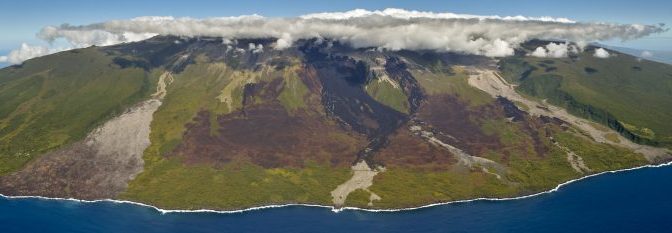
Ancient Lava Flows Reveal Future Of Forests Without Large Fruit-Eating Animals
The researchers found that before permanent human settlements, forests were dominated by large fleshy-fruited plant species, usually big trees. During and after human settlement in the 17th Century, when fruit eating animals (frugivores) like giant tortoises and flying foxes went extinct on the island, these plants were found to be far less present and by 1800 they were nearly gone. (Click on title for full story.)
-
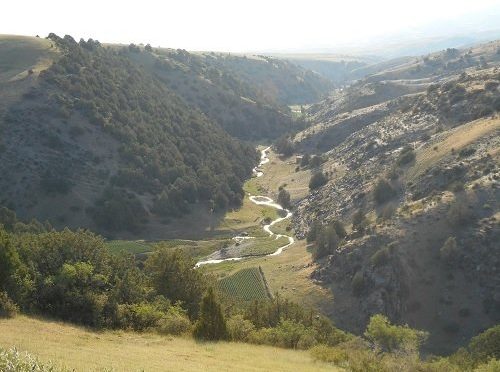
Ancient Cereal Grains Prove Silk Road Trade Even Older Than Thought
These new discoveries seem to suggest that mixed small-scale human populations made major contributions to world history through migration and cultural and technological exchange. “This study not only presents the earliest dates for domesticated grains in far North Asia,it represents the earliest beginning of a trans-Eurasian exchange that would eventually develop into the great Silk Road”. (Click on title for full story.)
